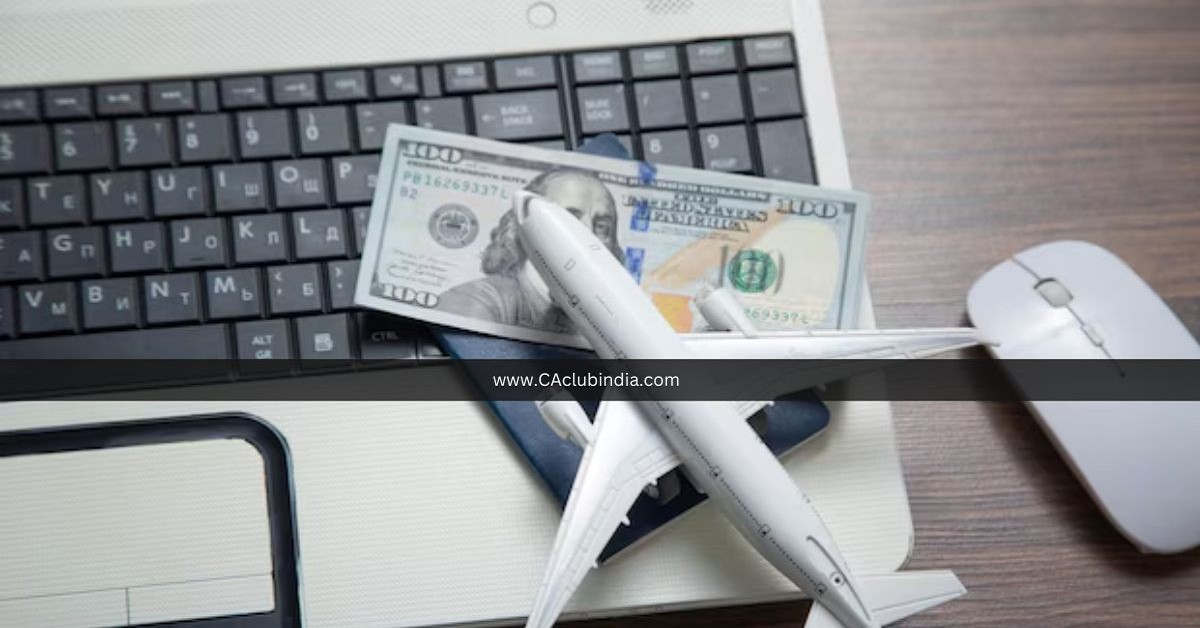In a move to curb GST revenue leakages from airlines, the government has enforced stricter data-sharing protocols effective immediately. Airlines must now share comprehensive passenger and booking data daily with tax authorities, according to revised regulations by the Central Board of Indirect Taxes and Customs (CBIC). This directive is aimed at reconciling passenger records with GST payments and ensuring full compliance on tickets, including those for no-shows and last-minute cancellations.

New Data Reporting Requirements
Previously, airlines had flexibility in reporting passenger data at their discretion within 24 hours of departure or at the actual take-off time. The amended rules, however, require operators to submit passenger data 24 hours before departure and update it again at wheels-off time, standardizing the process to tighten GST audits and verification.
Implications for Airlines
While passengers on economy class tickets are subject to a 5% GST and those in business class face a 12% GST, airlines often collect this tax even on last-minute cancelled tickets. A major loophole identified was that some airlines retained the GST without remitting it, despite collecting cancellation fees. Additionally, businesses have been claiming ITC on these unutilized tickets, compounding revenue discrepancies.
The Directorate General of GST Intelligence (DGGI) has been investigating cases where airlines failed to remit GST collected from cancelled bookings. Tax authorities stress that these new measures will reinforce compliance and close revenue gaps.
Expert Opinions on Compliance
Experts acknowledge that the measures will impose higher compliance costs for airlines but argue that they are essential to ensure GST collected matches what is remitted to authorities. A tax analyst pointed out that under CBIC's August 2022 clarification, cancellation fees fall under the same tax rate as the principal supply of transportation, and thus, airlines are expected to issue GST invoices even for cancelled services. This ensures ITC remains valid for travelers, supporting transparency in the GST framework.
Ensuring Smooth Industry-Government Compliance
Officials emphasize that the new rules are critical for bridging discrepancies between industry practices and tax obligations. "This measure will help plug gaps and ensure smooth compliance between government and industry," stated an official. Despite potential challenges for airlines, these changes mark a step towards bolstering fiscal accountability and minimizing tax evasion.







 CAclubindia
CAclubindia
